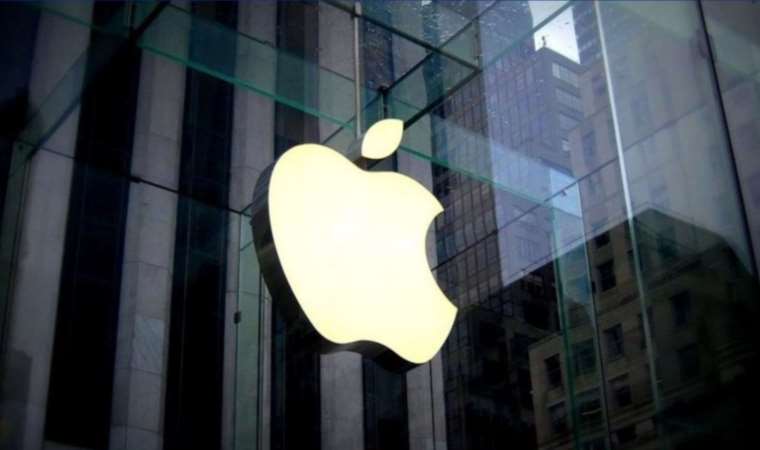This newly implemented legislation, effective this month, imposes fresh regulations concerning content moderation, user privacy, and transparency.
Across the European Union, numerous internet giants, including Meta's Facebook and Instagram platforms, the Chinese-owned video app TikTok, and several Google services, are adjusting to these novel obligations. These obligations encompass preventing the dissemination of harmful content, prohibiting or limiting specific user-targeting practices, and sharing internal data with regulators and affiliated researchers.
The European Union has established itself as a global leader in tech regulation, with additional comprehensive legislation such as the Digital Markets Act and the AI Act in the pipeline. The effectiveness of the EU in implementing such laws will significantly influence the global adoption of similar regulations.
However, researchers have raised questions regarding whether these companies have taken sufficient measures to meet the expectations of lawmakers.
Currently, these rules are applicable to only 19 of the largest online platforms, those boasting more than 45 million users within the EU. However, starting mid-February, they will extend to various online platforms, irrespective of their size.
Any company found in violation of the DSA may be subject to fines of up to 6% of its global turnover, and repeat offenders could potentially face a complete ban on operating in Europe.
When Reuters reached out to each company designated under the DSA to discuss the changes they've implemented, most referred to public blog posts on the matter, either declining further comment or failing to respond altogether.
Notably, two of the companies singled out for early regulation—e-commerce giant Amazon and German fashion retailer Zalando—are currently contesting their inclusion on the list in court.
Kingsley Hayes, the head of data and privacy litigation at the law firm Keller Postman, remarked, "We can anticipate that platforms will vigorously defend their practices, especially when new compliance rules encroach upon their core business models."
Stress tests
In recent months, the European Commission announced its proposal to conduct "stress tests" under the Digital Services Act (DSA) with the 19 designated platforms.
These tests aimed to assess whether these platforms could effectively "detect, address, and mitigate systemic risks, such as disinformation," as stated by a Commission spokesperson.
At least five platforms, namely Facebook, Instagram, Twitter, TikTok, and Snapchat, participated in these tests. However, in each case, the Commission indicated that more work was necessary to prepare for the implementation of the DSA.
Coinciding with the commencement of the new rules, research published by the nonprofit organization Eko on Thursday revealed that Facebook was still approving online advertisements containing harmful content.
Eko submitted 13 ads featuring harmful content for approval, including one that incited violence against immigrants and another calling for the assassination of a prominent Member of the European Parliament (MEP).
Facebook approved eight of these submitted ads within 24 hours while rejecting five. Importantly, researchers removed the ads before they could be published, ensuring that no Facebook users were exposed to them.
Responding to the Eko research, Meta stated, "This report was based on a very small sample of ads and is not representative of the number of ads we review daily worldwide."
This year, Global Witness, another nonprofit, alleged that Facebook, TikTok, and Google's YouTube had all endorsed ads promoting violence against the LGBT community in Ireland.
In response to the Global Witness research, both Meta and TikTok emphasized that hate speech had no place on their platforms. They also emphasized their commitment to regularly reviewing and improving their content moderation procedures. Google did not provide a response to the request for comment.
Tricky business
While none of the designated companies have declared their intention to disobey the DSA, Amazon and Zalando have challenged their inclusion on the list.
In July, Amazon filed a legal challenge with the General Court in Luxembourg, Europe's second-highest court. Amazon argued that larger competitors in these countries had not been designated under the DSA.
Amazon has, however, introduced several new features as part of its DSA compliance program, including a dedicated channel for users to report incorrect product information.
Fashion retailer Zalando also initiated a legal challenge, contending that, due to only having 31 million monthly active users purchasing from third-party sellers on its platform, it fell below the 45 million user threshold.
It will soon become evident whether any of the designated companies have evaded their legal responsibilities," stated Hayes. "Addressing these obligations will be a complex task for any platform with a substantial user base."















